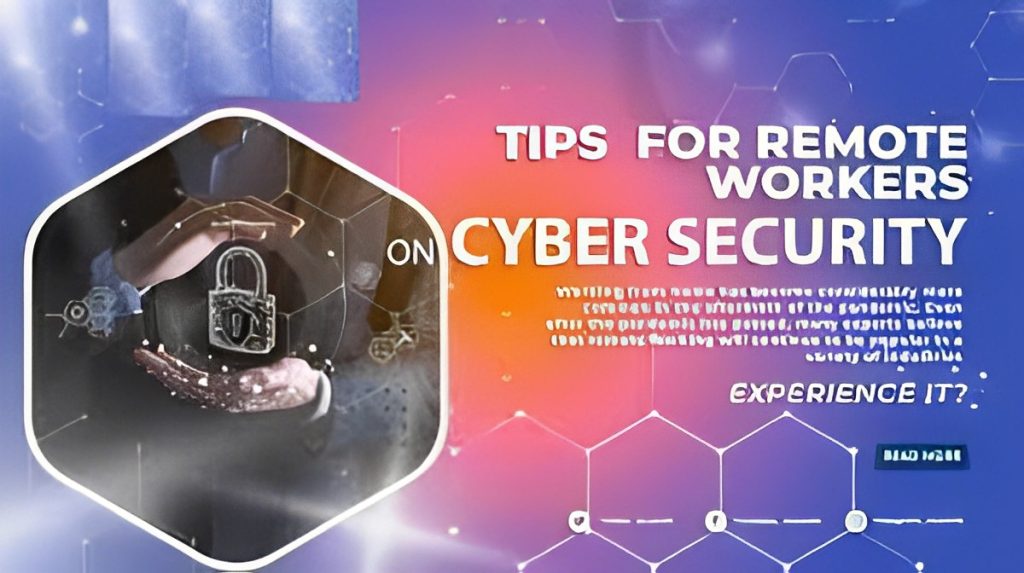In today’s digital age, more and more people are working remotely. While working from home can be convenient and comfortable, it also comes with its own set of cybersecurity risks. Cybercriminals are always looking for ways to exploit vulnerabilities and steal sensitive information. If you’re a remote worker, it’s crucial to take steps to protect yourself online. In this blog, we’ll explore five cybersecurity tips for remote workers to help keep you safe online.
- Use a Secure Network
One of the most important things you can do as a remote worker is to use a secure network. Avoid using public Wi-Fi networks, as they’re often unsecured and can be easily hacked. Instead, use a secure network with a strong password. You can set up a virtual private network (VPN) to encrypt your internet connection and protect your data from cyber threats.
- Keep Your Software Up-to-Date
Another essential cybersecurity tip for remote workers is to keep your software up-to-date. This includes your operating system, web browser, and other software applications you use. Software updates often include security patches that fix known vulnerabilities and protect against new cyber threats. Make sure you regularly update your software to ensure you’re using the latest security features.
- Use Strong Passwords
Using strong passwords is a simple but effective way to protect yourself online. Make sure you use a unique and complex password for each of your accounts and avoid using easily guessable passwords like “password” or “123456.” You can use a password manager to generate and store strong passwords. Additionally, consider enabling two-factor authentication (2FA) for your accounts, which adds an extra layer of security by requiring a code in addition to your password.

- Be Wary of Phishing Scams
Phishing scams are one of the most common types of cyber attacks. These attacks use social engineering to trick you into revealing sensitive information or downloading malware. As a remote worker, you’re more susceptible to phishing scams, as you may not have the same level of security as you would in an office environment. Be wary of suspicious emails or messages, and avoid clicking on links or downloading attachments from unknown sources.
- Use Virtual Assistance
Virtual assistance can be a valuable tool for remote workers looking to enhance their cybersecurity. You can use virtual assistance services like Fistri to monitor your network, scan for viruses and malware, and provide 24/7 support. Additionally, virtual assistants can help you set up security protocols and procedures to ensure your data and systems are protected from cyber threats.
In conclusion, cybersecurity is crucial for remote workers. By following these five tips, you can protect yourself from cyber threats and keep your sensitive information safe online. Use a secure network, keep your software up-to-date, use strong passwords, be wary of phishing scams, and consider using virtual assistance to enhance your cybersecurity. With these tips in mind, you can work remotely with confidence and peace of mind.



